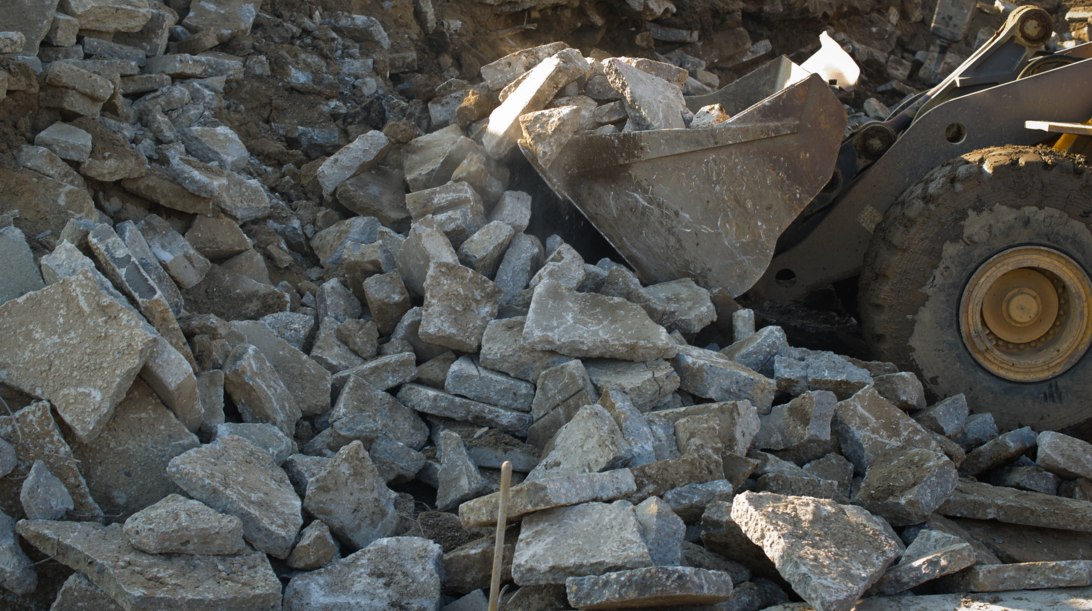Recycling is a big part of our lives. From paper cups to plastic bottles, every other thing that touches our lives is made from bio-degradable and recycled materials. But building materials are still exempted from being considered as recycled materials. The question arises in the minds of engineers and structural experts: why can’t we recycle building materials and construct buildings with recycled materials, especially concrete?
A research team from the University of Notre Dame, which is conducting the study on this unusual subject, is led by Yahya “Gino” Kurama, a professor of civil and environmental engineering and earth sciences. He explained that although concrete is one of the most favored building materials that is used in the world, it can have a massive impact on our environment. Coarse aggregates, rock, and gravel make up most of the building volume.
The mining, processing and transportation of such large quantities of concrete can cause huge negative environmental impacts, which can be avoided if we just recycle concrete. This can be the key to saving numerous resources and large amounts of energy that can be diverted into saving ecological sources and riverbeds.
Recent human activity and industrialization have caused our planet to enter into a new geological era, the “Anthropocene.” Scientists argue that most of the concrete that was used for building materials was mined 20 years ago. Kurama explained the issue in a statement, “Through my research, I want to contribute to efforts towards reducing these demands on our natural environment by reducing the need for natural coarse aggregates. Especially in the years to come, the renovation and replacement of our nation’s aging infrastructure will result in both an increase in the supply of old concrete rubble and the demand for new concrete. We need to be better prepared to utilize this growing resource at a higher level, which is what my research is focused on.”
However, recycling concrete is not an easy feat and the biggest uncertainty that the construction engineers express is the stability, quality and properties of the recycled material, and how the change in characteristics will affect the overall stability of a building structure. The research team is trying to formulate an understanding of the scientific community on how the recycled concrete will affect the durability of reinforced concrete structures so that buildings can be built without any doubt of their safety and any undesirable question of their performance.
Kurama said in a statement, “Our initial research studied the variability from 16 recycled aggregate sources in the Midwest and quantified ways to pre-qualify the material for structural applications. We are also looking at durability and life-cycle cost, in comparison with natural aggregates, and effects of recycled concrete aggregates in pre-stressed concrete. Because of the knowledge gap to date, the use of recycled aggregates in the U.S. has been limited mostly to non-structural applications such as sidewalks and roadways, even though the quality of the material is generally significantly higher than is required in these applications. Our ultimate goal is to develop the necessary engineering background and methods for the wider utilization of recycled concrete aggregates in structural concrete, such as in buildings.”
Kurama’s team is studying the effects of several recycled materials from diverse sources to test the critical information about the difference in their variability, quality, and properties. The research also outlines the deflection behavior and how long periods of time can affect the deformity of a structure. Day-to-day loading and environmental conditions are also being tested to find potential uses for the recycled concrete. This can be a valuable addition to the existing studies of recycled concrete byproducts that are partially replaced for their reusable properties.







